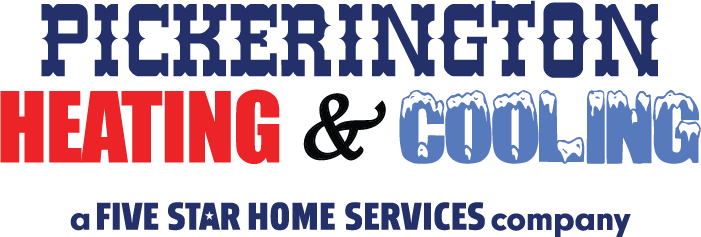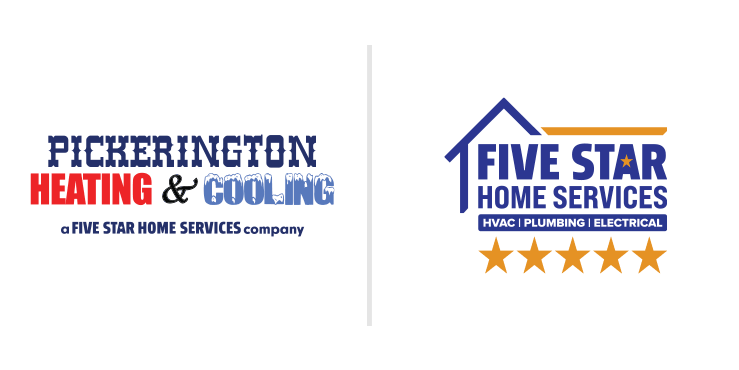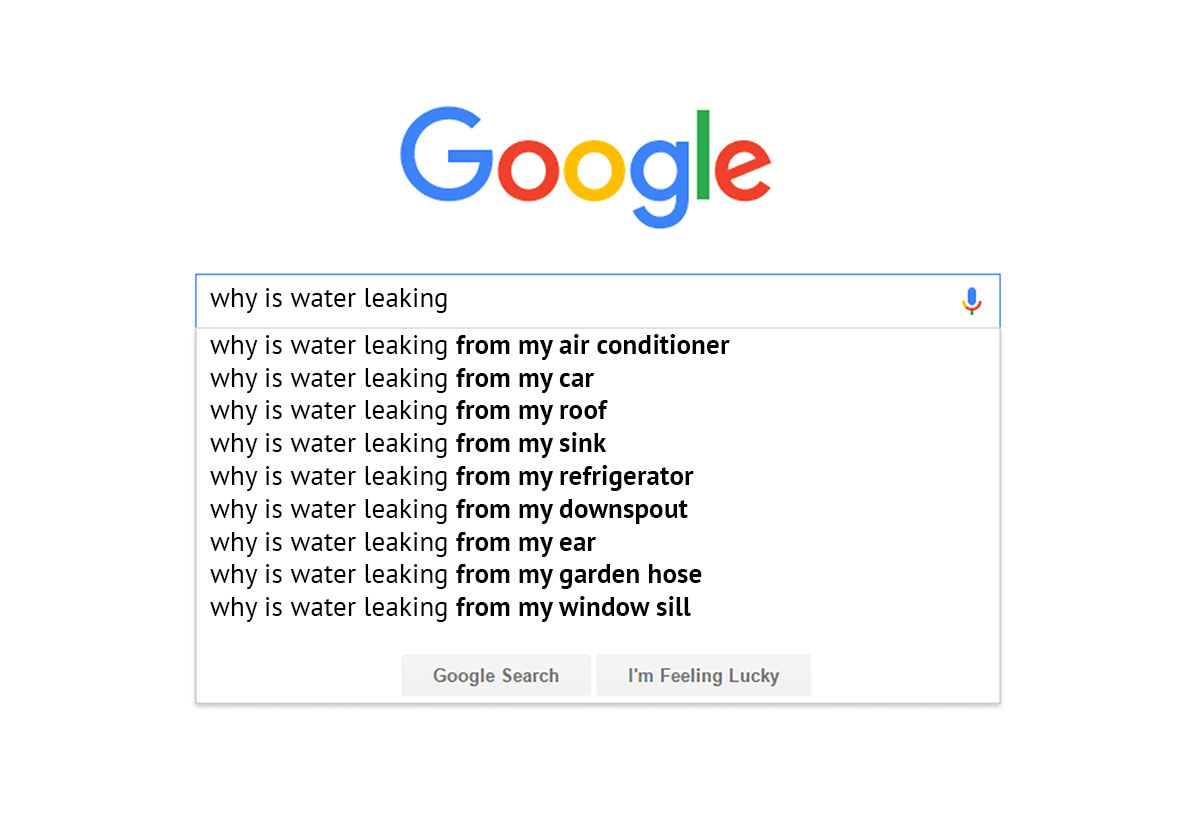If typing “Why is water leaking…” into a search engine (like Google), one of the top autocomplete choices is almost always “Why is water leaking from my AC?”
When issues arise regarding heating and cooling equipment, many people consult the Internet. They wonder what is causing water leaks from the equipment, especially during the summer months. Many HVAC owners are not aware that leaking from an HVAC system could almost be entirely preventable.
If you are looking for information on what causes a leaky AC unit, how to prevent it from happening, and how to fix it, keep reading.
Leaky Air Conditioner System: Some Common Causes and Solutions in Pickerington
A natural byproduct of a healthy air conditioning system is condensation. Condensation occurs because air conditioning revolves around heating and cooling refrigerants.
For example, imagine a cold glass of water on a hot day. Drops of water form on the outside. Just like those water droplets, when the refrigerant inside your evaporator coils gets cold, the warm air surrounding it hits the cold surface and condenses.
The condensation drips off of the evaporator coils into the drain pan below, where it flows through the drain pipe to the outdoors.
Your air conditioning system naturally dehumidifies the indoor hair, through condensation. Although, it can also lead to iced-over evaporator coils and leaking AC systems.
- Problem: A clogged condensate drain line
This condensate drain line has to drain condensate from the overflow plan into a drainpipe that releases the liquid outdoors. If this line is clogged, it can cause the overflow pan to overflow. This can be considered the most common cause of AC leaks.
Newer AC units can detect when there is a clogged condensate line and will ultimately shut down on their own, but older units will just overflow with condensate until you notice the problem by yourself. If your AC unit has automatically shut itself off but you suspect an issue, make sure to call a professional to come check it out and make any repairs or replacements if necessary.
Solution: To prevent this clogged condensate drain line, regularly pour a cup vinegar down the rain line every 3-5 months. You can also use bleach, but only in the summertime when there is a constant flow of condensate.
Sometimes it can be too late and your condensate drain line is already clogged. Make sure to contact a professional HVAC service provider to clear it. Overall the best way to prevent clogged AC drain lines is by scheduling annual AC maintenance at the beginning of each cooling season. An HVAC technician will make sure your drain line and pan are clear and clean. However, if you have the right materials and know how to perform the operation, you may be able to clear the line yourself.
- A damaged overflow pan
If you happen to spot water gathering around your indoor air system, you may have either a clogged condensate drain line or a damage drain pan. If the drain line isn’t clogged up, there may be a crack in the pan causing the leak.
Check this indoor unit for any signs of water that is overflowing. If the AC unit happens to be overflowing, contact your HVAC professional.
Right before you open up the access panel, make sure to turn off the power to the AC at the breaker box in your home.
Then, remove the access panel and use a flashlight to check the drain pan, which is visible underneath the evaporator coils.
- A dirty air filter
Dirty air filters can lead to frozen evaporator coils and low airflow. For the evaporator coils to function effectively, there needs to be some sufficient amount of airflow over these coils.
If refrigerant in the coils doesn’t have airflow to absorb the heat from the air, condensate will form on the coils and freeze.
Once the frozen condensate thaws, you may happen to notice leaking water. There is a clean air filter, but you still have frozen evaporator coils. At this point you may have blocked air vents/registers, a broken blower, or undercharged refrigerant.
Turn the unit off as soon as you notice a frozen air conditioner, and do not turn it back on until the source of the problem has been resolved. Make sure to learn why your outdoor heat pump unit may freeze over.
Solution: Replace your air filter. It is recommend that you set reminders for every 30 days to check the condition of your filter. You should change your air filter every 30-90 days. But, never wait more than 90 days to replace it.
- Low refrigerant
The evaporator coils will probably freeze when your system has low refrigerant. Once water freezes and melts there will be a leak. In this case, when the water melts off the coils, the water will overflow the drain pan.
If your AC system isn’t working well enough and you notice noises coming form it while it is running, you may have a refrigerant leak.
Solution: You should never try to fix refrigerant problems on your own. A professional HVAC technician can evaluate your system and determine if there are any necessary repairs or maintenance needed. Don’t forget that refrigerant works in a closed, pressurized loop. It won’t be low on refrigerant unless you have a leak somewhere. Your HVAC technician should definitely always repair the leak before adding more refrigerant.
- Poor insulation can lead to condensation
Moisture that is around air vents and ductwork could be the result of some poorly insulated ducts. Always look out for condensation because it can cause leaks when it builds up in the AC system.
You can think about a cold glass of water on a hot day, again. When warm air contacts these cold ducts, water can form and cause damage to walls and ceilings.
Also, if you noticed wet spots around any of your air vents, it may not have enough insulation. The most common reason why you may see condensation and moisture around your vents is poorly insulted vent boots and sometimes not enough insulation in the ducts.
Solution: Ask a professional technician who can identify and inspect any issues within the ductwork or insulation.
Contact Pickerington Heating & Cooling for the Most Reliable HVAC Service
Contact Pickerington Heating & Cooling for more information on taking care of your HVAC system this summer. Schedule a Tune-Up and Checkout before the intense summer heat of Central Ohio arrives! Call us at (614) 837-4026 or use our convenient online scheduling request page.








